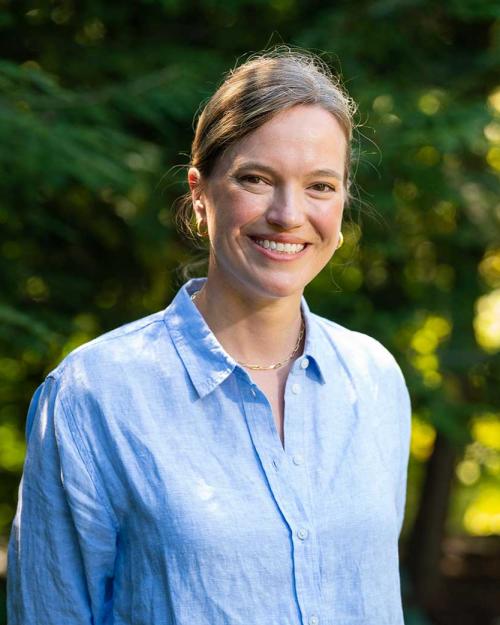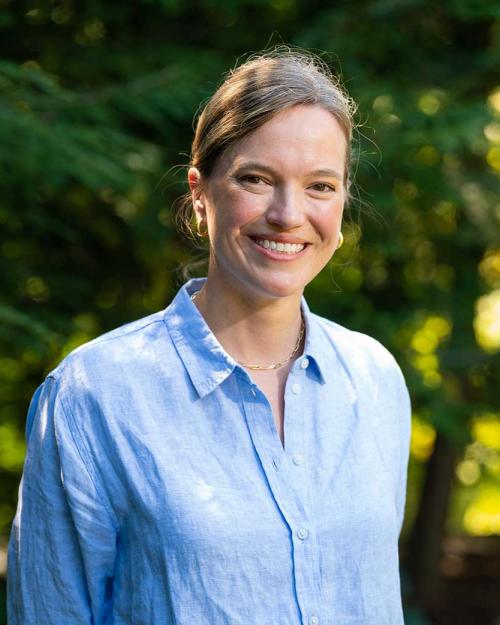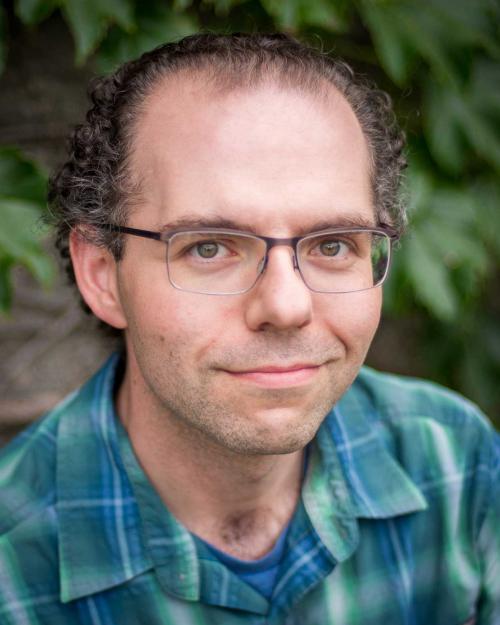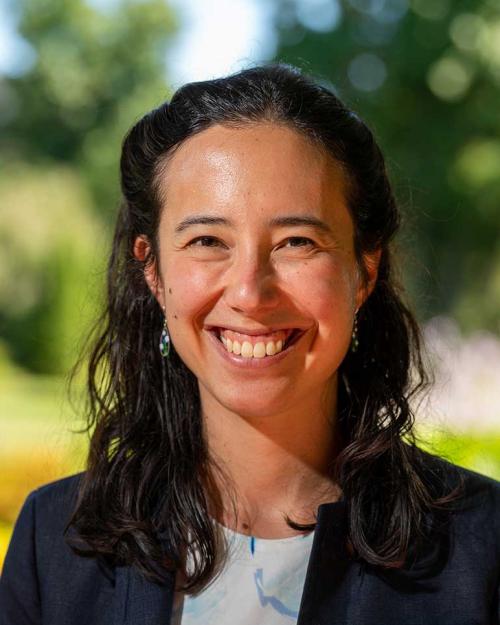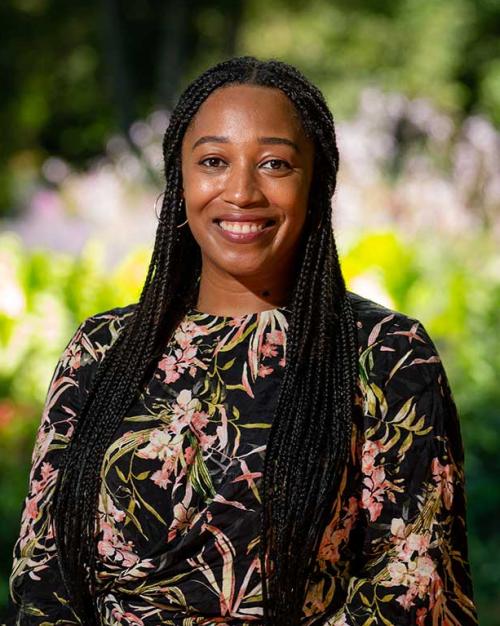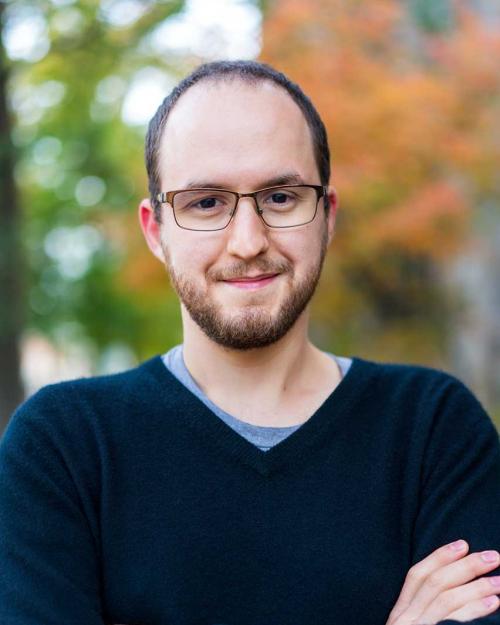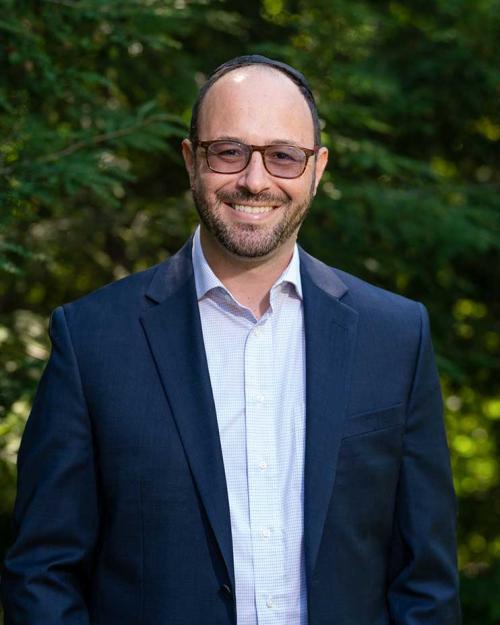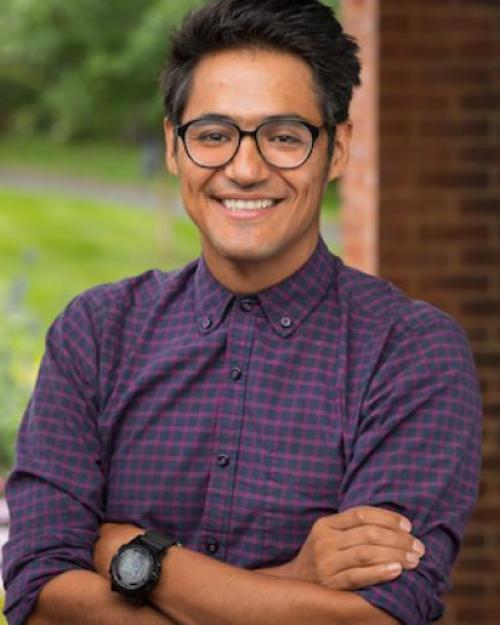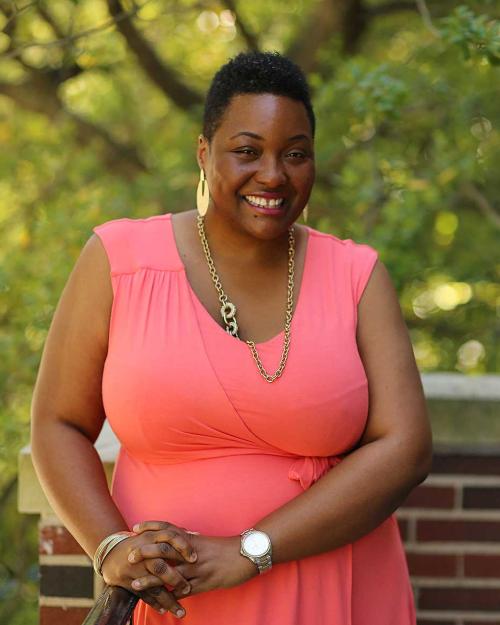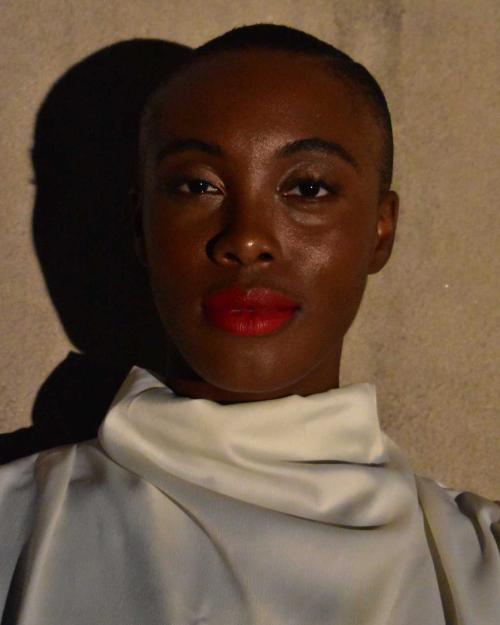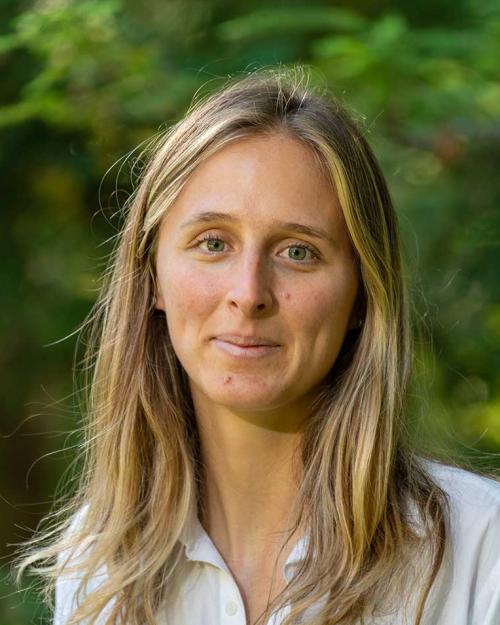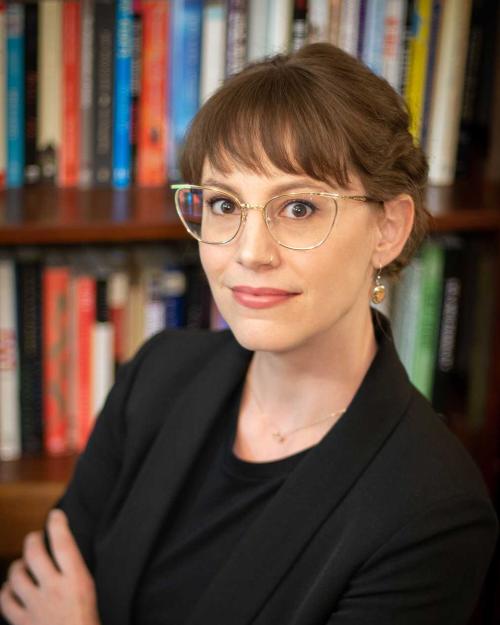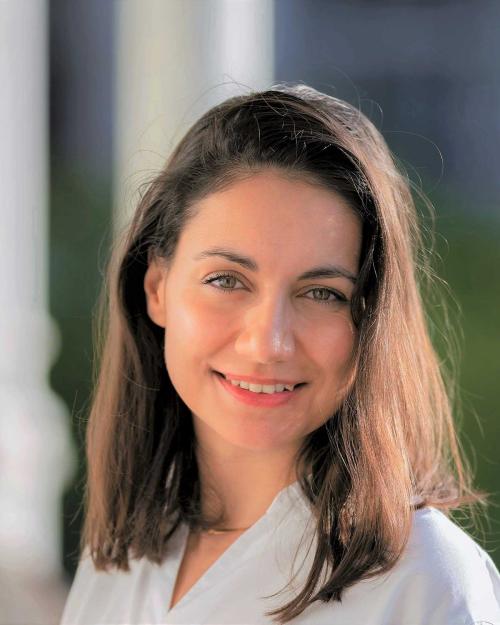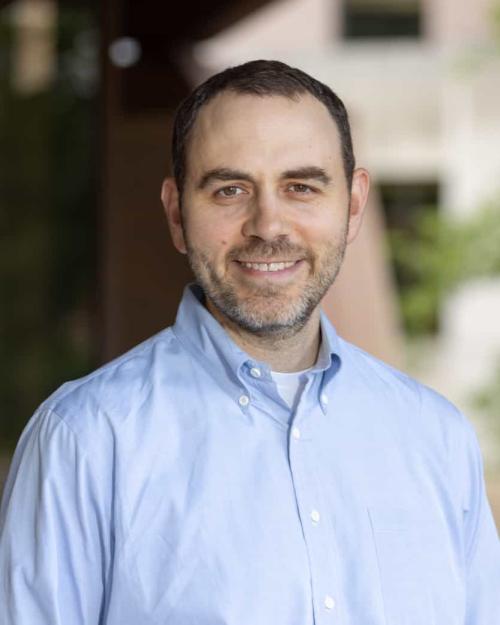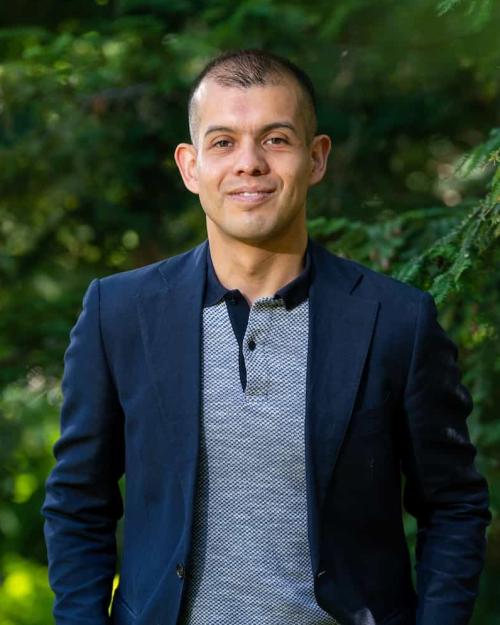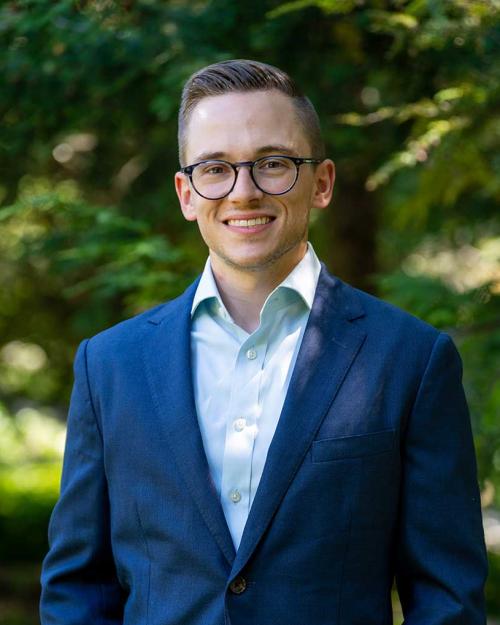Faculty Profiles
The College’s interdisciplinary approach to climate change research is reflected in the work of environmental humanist Carolyn Fornoff. Her new book, entitled “Subjunctive Aesthetics: Mexican Cultural Production in the Era of Climate Change,” examines how contemporary Mexican arts and culture have responded to climate change.
Sociologist Daniel Hirschman’s latest research focuses on the costs of climate change. He’s interested in models and predictions of the damage done by climate change and the costs of switching off fossil fuels, and how those predictions inform policy debates and public understanding of the climate crisis.
Anna Ho’s appointment adds to the College’s noted strength in astronomy. She uses telescopes across the Earth and in space to study the most energetic explosions in the universe, asking questions like what “death omens” signal the imminent demise of a star.
Numerous new faculty in multiple departments will enhance the College’s leadership in research on the study of class, race, ethnicity, indigeneity, nationality, religion, gender and sexuality.
In the Africana Studies and Research Center, Michell Chresfield is working on a book that traces the historical use of medical and scientific diagnostics as an arbiter of racial meaning. The book is entitled ” What Lies Between: Science and the Making of Native Identity in a Black and White World.”
Choral conductor Joe Lerangis recently launched the ADEI (accessibility, diversity, equity and inclusion) music education platform New Muses Project. Their current research project is hybridity in contemporary Mongolian urtyn duu (Long Song) and the large ensemble works of Byambasurengiin Sharav.
Historian Mayer Juni’s research looks at Jews in the Americas, the Atlantic World, inquisition and conversos, race and slavery and the history of knowledge. He’s working on a book entitled “Biography and the Politics of Race in the Spanish Atlantic.”
In performing & media arts, Juan Manuel Aldape Muñoz’s book project focuses on undocumented, queer, indigenous adoptee, and Afro-Indigenous artistic projects in what he describes as “within the umbrella of migrant latinidad.” It’s entitled “The Alien Commons: Choreography and Performance Beyond Citizenship.”
Also in performing & media arts, Kristen Warner focuses on racial representation and employment in the creative media industries. She’s looking forward to teaching an experiential learning class where she takes students to film festivals around the globe.
Chelsea Mikael Frazier, literatures in English, focuses on Black feminist literature and theory, visual culture, ecocriticism, African art and literature, political theory, science and technology studies and Afrofuturism. Her current book manuscript is on black feminist ecology.
In Romance studies, Vanessa Gubbins’ current project is entitled “The Poem and Social Form: Making a People out of a Poem in Peru and Germany.” Her work focuses on Latin American poetry, politics and theory since the 1800s, including indigenous philosophies; she’s looking forward to teaching Dreams and Resisting Totalitarianism this fall.
Sociologist Jamie Budnick studies the social construction of sexuality knowledge; her work has also focused on reproductive health, intimate partner violence, social survey measures, and sexual identity. Her current book project is entitled “The New Gay Science: How Demography Shaped Sexuality Knowledge and LGBTQ Politics.”
Three new faculty members will add to the College’s strength in the field of economics. Milena Djourelova’s focus is on applied economics and political economy. She’s working on a paper on media slant and public views on immigration policy and is looking forward to teaching a course covering topics ranging from political accountability to how the Internet and social media shape politics.
Economist Ryan Chahrour’s research interests lie in macroeconomics, monetary economics, and theories of incomplete information. His current research project explores how changes in financial markets’ appetite for risk can drive classical business cycles and how it can cause a recession, with high unemployment, even when there is no deeper reason for the economy to perform poorly.
Economist José Luis “Pepe” Montiel Olea’s areas of research are econometrics (theoretical and applied), machine learning, and statistical decision theory. He’s excited, he says, that interdisciplinary work is so highly valued at the university.
In government, Richard Clark’s current book project examines state power and the politics of co-financing among international organizations in development and emergency lending. His research interests include international organizations, international political economy and development and emergency finance.

